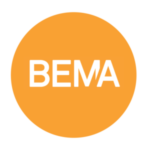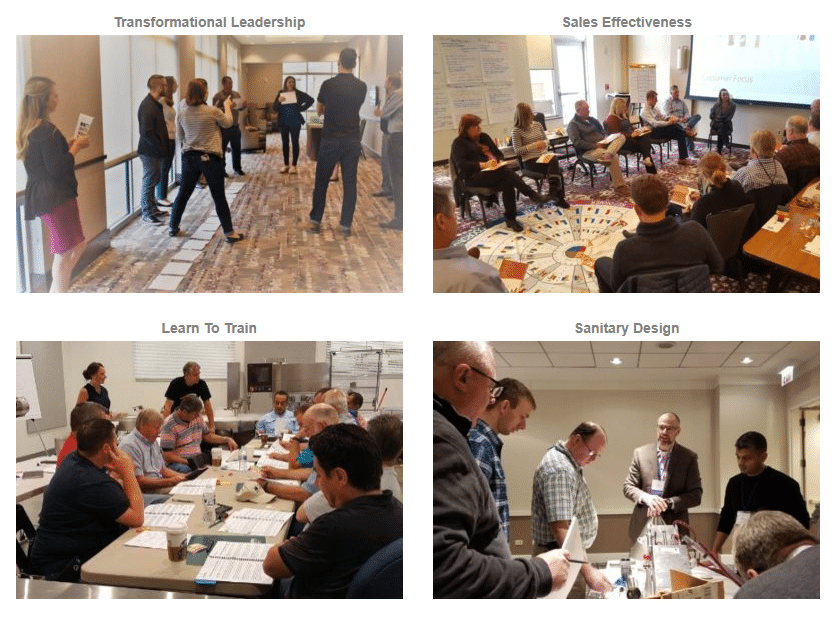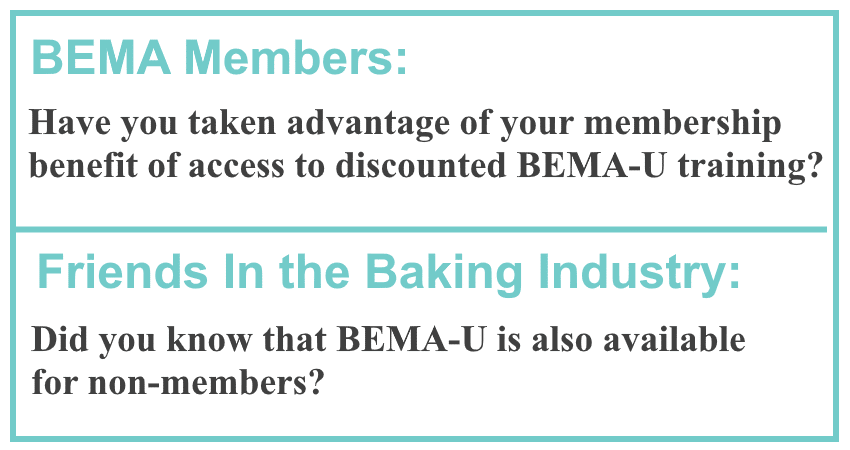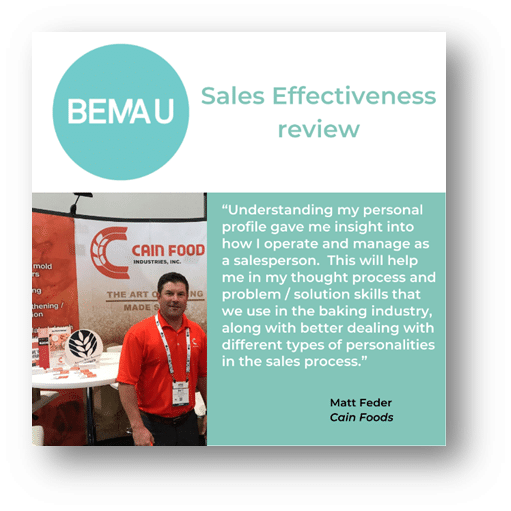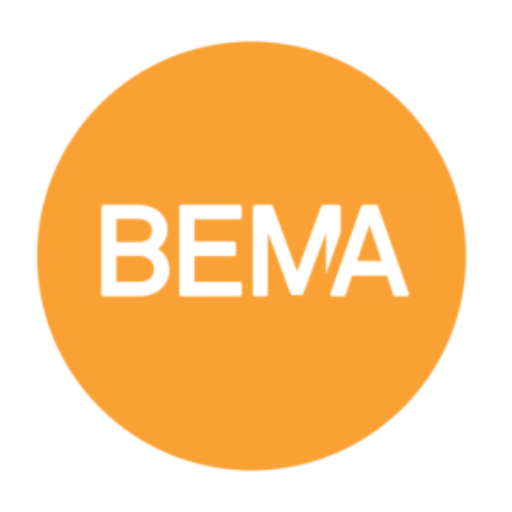How BEMA-U helps BEMA members build better companies through an innovative approach to training
Question #1: Do I really have to attend that boring workforce training again?
What comes to mind when you think of professional development? Hopefully, you’ve had some good experiences. Maybe you picked up a few tips you thought you’d utilize when you returned to work.
Maybe you took vigorous notes. If you’re reading this from your office now, try to dig up that notebook—is it dusty?
Have you looked at it or implemented anything from it since that seminar 6 years ago? And that’s referring to a positive memory. What about the ones you disliked or don’t even remember because they bored you so much?
Your work piles up because you’re away from your desk. You don’t want to walk away from continuing education empty-handed. But you must attend these events, usually begrudgingly.
That’s why you should be asking question #2.
Question #2: How is BEMA-U different than boring corporate training?
- It’s relevant – We’re getting rid of that training model where someone drones at you all day. At BEMA-U training, you will NOT feel like you’re in the same hotel conference room where you attended training in 1991. And it’s specific to the baking industry. We’ve taken the Insights Discovery format and modified it to address specific issues facing our industry.
- You can apply the learnings immediately – We use real world situations that are meaningful to our industry. Our students report returning to work the next day and using the new training right away.
- It’s convenient – We can bring training to your facility. No need to waste time or money on travel.
If your curiosity is piqued and you’re not longer interested in the same old boring training, it should lead you to question #3.
Question #3: How is the BEMA-U training structured?
Think of your team’s greatest needs, then choose from the six types of training in the BEMA-U course catalog. If one of the specific courses doesn’t fit your specific needs, ask us to create a completely customized training program.
Click on each title to read the syllabus for that course:
- Transformational Leadership Workshop
- Mastering Sales Effectiveness
- Team Effectiveness Training: Improving Team Dynamics
- Train the Trainer
- Sanitary Design Workshop
- Custom Training at your facility: BEMA-U comes to you
Most of the above offerings are available to be scheduled at your facility, and a few of them are also available off-site and open to participants from multiple companies.
Question #4: How does BEMA-U training help companies prepare for future changes in the industry?
You’ll learn:
- Adaptability: one of the foundational concepts of our training
- Self-awareness
- How to relate to others
- How to lead
- About the many generational factors that are present in the baking industry
- How to develop strong, well-balanced teams
With a versatile, aware and adaptable team, we help our member companies be exceptionally prepared to quickly deal with change.
Question #5: Why is BEMA-U more successful than traditional corporate training?
We succeed because of our attendee’s interactive engagement. The participants in BEMA-U training classes each bring their own background, experience, and skill sets. That means every BEMA-U training session is different because the attendees shape it.
The core curricula of each class set the framework for the training. However, when the participants share their experiences, it shapes the conversation and the exercises.
The result? Custom-tailored classes, making it more relevant and applicable once the participants return to their jobs.
This means a faster return on investment for companies.
Question #6: How can BEMA-U’s offerings help address issues like the workforce gap or digital divide?
BEMA-U courses are highly collaborative. Enroll a diverse spectrum of your employees, and you’ll get the best outcomes. The real magic happens when employees who are nearing retirement connect with those new to the workforce. The experienced employees are already focused on transferring their years of knowledge. Give them a chance to see what someone who has grown up using smart phones can do with that advice.
When you’re alone at your desk, it’s easy to vilify people from other generations. Maybe you think an older generation is “out of touch” or a younger generation is “too young to understand.” However, watch what happens when you’re collaborating and engaging with each other. Suddenly, you understand the value that each generation offers.
As a result, knowledge-transfer is faster, and you gain a mutual respect for what each brings to the table. The workplace also sees more collaboration.
So, the final question is:
Question #7: How do you plan to develop your workforce this year?
Skip the boring online training or repetitive in-class training. Reach out to the BEMA-U team. We’ll develop a training plan to enhance your workforce and bring real results to your organization.
